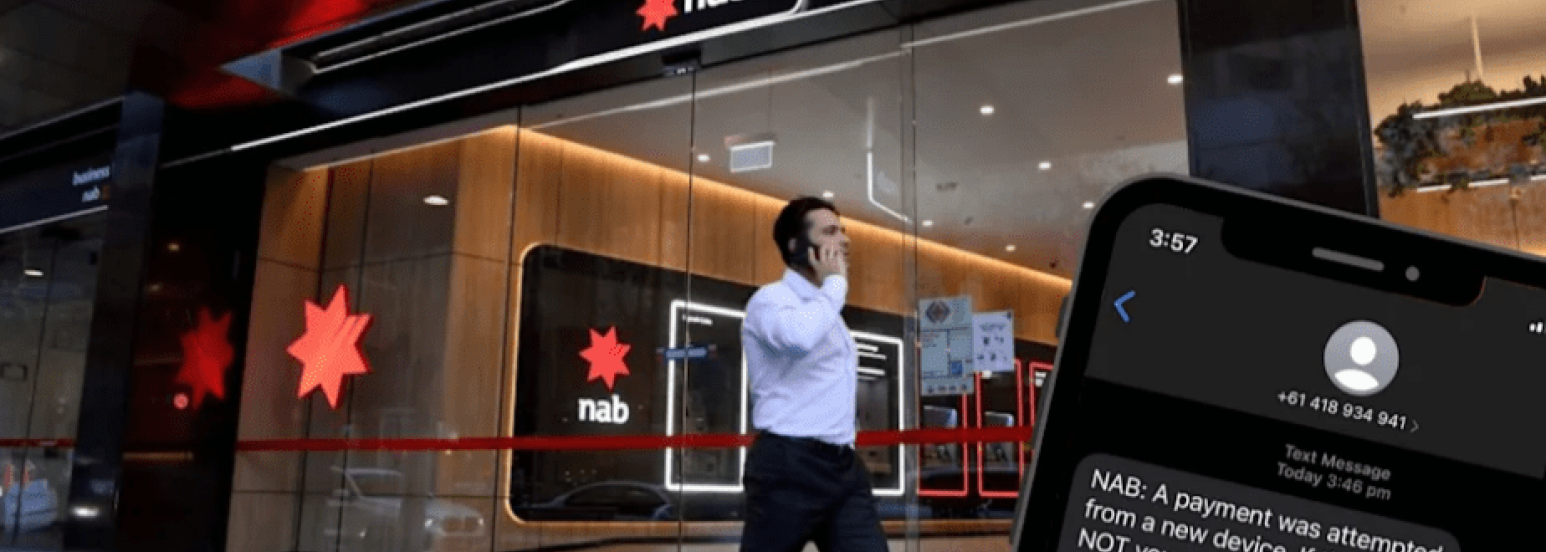
Cryptocurrencies have exploded in popularity in recent years, with many people seeing them as a way to make a quick profit or protect their wealth in an uncertain economic climate. However, with this increased interest in cryptocurrencies comes an increase in scams targeting individuals looking to purchase them. One such scam is known as a "phishing attack," in which scammers send fake emails or create fake websites that appear legitimate, tricking people into giving them their personal information or login credentials.
Scammers are persistent
One disturbing example of this type of scam was recently brought to our attention by a cryptocurrency exchange operator in Australia. They shared the story of an elderly woman who had been targeted by scammers who gained access to two of her bank accounts and stole $23,000. The National Australia Bank told the woman that they were unable to recover the funds and that she would not be reimbursed for the loss. The woman reported the incident to the police, who told her to make a formal complaint about the bank for elder abuse.
What makes this story particularly disturbing is that the elderly woman had been attempting to purchase $12,000 in bitcoin in an effort to recover the funds that were stolen from her in the first place. It is likely that the same people who carried out the phishing attack on her then attempted to scam her again by claiming to be able to help her recover her lost money.
Better bank security needed
This incident highlights the need for better security measures within the banking industry, particularly for vulnerable individuals who may be targeted by scammers. Unfortunately, banks are often lagging behind when it comes to implementing basic security measures, such as two-factor authentication (2FA). 2FA requires users to provide two forms of identification when logging into their accounts, adding an extra layer of protection against unauthorized access.
Despite the widespread adoption of 2FA in other industries, many banks still do not require it for accessing accounts. This puts their customers at risk of falling victim to scams like the one experienced by the elderly woman in Australia. It is imperative that banks start taking their customers' security seriously and implement measures like 2FA to protect against scams and unauthorized access to accounts.
Report a scam
As a consumer, there are steps you can take to protect yourself and your loved ones from cryptocurrency scams. First and foremost, be cautious of any unsolicited emails or websites claiming to offer cryptocurrency services. Do your research and only use reputable sources when purchasing cryptocurrencies. And if you are a victim of a scam, report it to the Australian Cyber Security Centre and also report your bank immediately to the Australian Financial Complaints Authority.
By raising awareness about the dangers of cryptocurrency scams and advocating for better bank security measures, we can help protect ourselves and our loved ones from these devastating attacks.



Cryptocurrency scams have been on the rise in recent years, with scammers using a variety of tactics to trick people into giving away their money. One particularly alarming trend is the targeting of the elderly, who may be more vulnerable to these types of scams due to their lack of experience with technology or their willingness to trust those who appear to be offering help.
These types of scams can be difficult to detect, as the scammers often go to great lengths to appear legitimate. However, there are a few red flags to watch out for: Offers that seem too good to be true: If someone is offering you a large sum of money in exchange for relatively little work, it's probably a scam. Requests for personal information: Scammers may ask for your personal financial information or login credentials in order to gain access to your accounts. Be cautious of providing this information, especially if you didn't initiate the contact. Pressure to act quickly: Scammers may try to rush you into making a decision, hoping that you won't have time to think things through or seek advice from someone you trust.